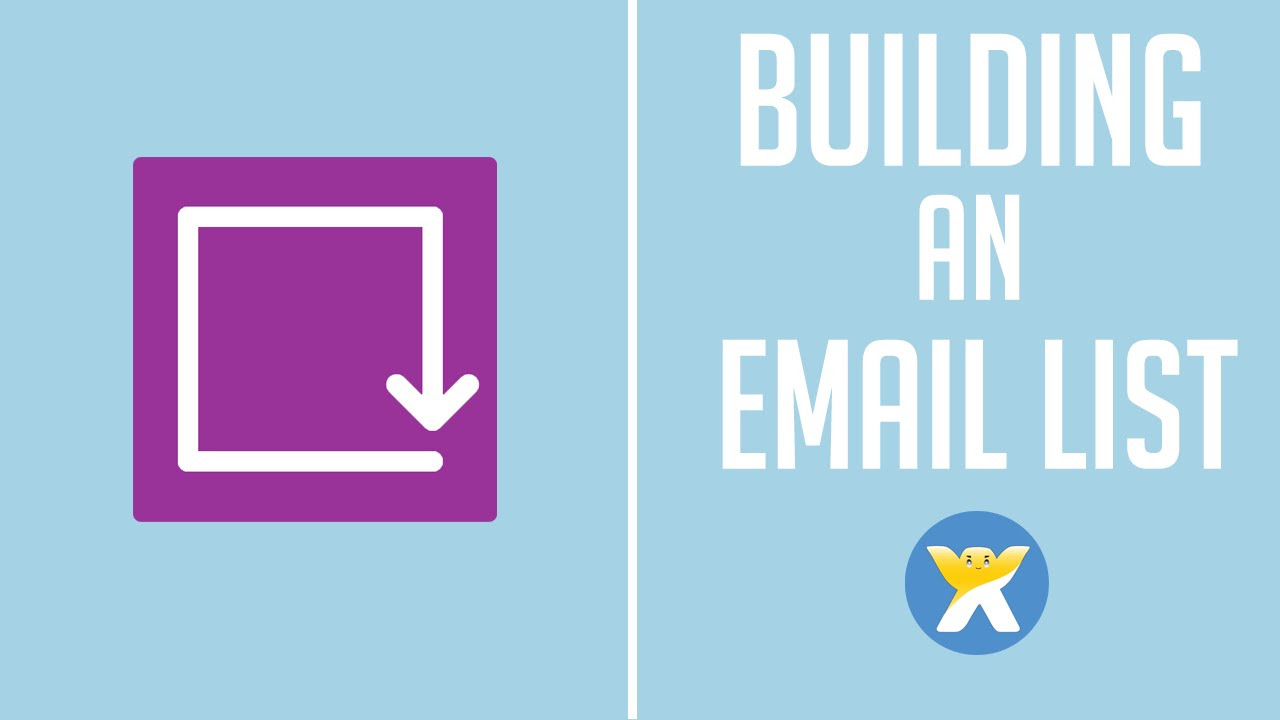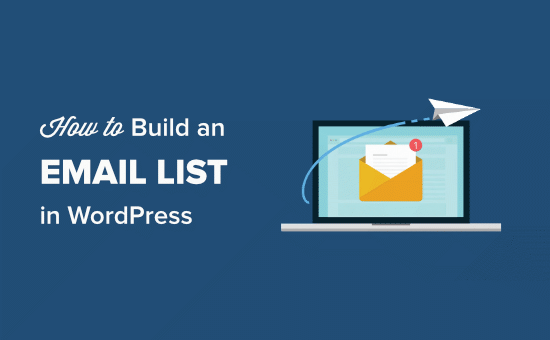What Are The Factors I Need To Consider Prior To Purchasing A Pathologist E-Mail List?
To ensure that the email lists of pathologists you buy are correct legal and suitable for your goals in marketing, there are several crucial aspects to consider. Below are the primary elements to take into consideration: 1. Data Accuracy and Quality
Source of data: Make sure the email list provider collects their data using reputable sources, like professional directories, health databases or opt-in contact lists that have been verified. This will ensure that the emails are relevant and current.
Verification Process: Confirm that the email list is up-to-date. The service provider should have a method for validating and cleaning emails. This includes removing invalid or unactive addresses. Good quality lists have a lower bounce rates and higher deliverability.
Segmentation, Customization and Filtering: Select the lists that allow you to filter your search by subspecialty and geographic place of residence (e.g. clinical pathology or pathology of the forensics) or the number of years of experience in the field, or affiliation with hospitals. Customization can increase your reach in marketing by making it possible to target the appropriate audience.
2. Legal Regulations
Data Privacy Regulations : Ensure that you are in compliance with the laws in force, including the General Data Protection Regulations (GDPR) for Europe as well as the California Consumer Privacy Acts (CCPA) for the U.S. and other laws. Data from pathologists must be collected and used in a legally compliant manner, respecting individual privacy rights.
CANSPAM Act: If your business is located in the U.S., or you're targeting U.S. pathologists via email ensure that the list complies to the CANSPAM Act, which governs commercial emails. Infractions could lead to heavy penalties.
Opt-In Consent: Verify that the emails on the list have been collected with the correct opt-in consent. This ensures that pathologists consent to receive marketing materials which will reduce any spam complaints.
3. Provider Reputation
Credibility of Provider: Look for a trustworthy company that has a history of supplying accurate and dependable lists. For a better idea of the quality of service, look up reviews, testimonials, as well as references from healthcare marketers.
Transparency: The provider should be transparent about their data gathering methods and how frequently the information is up-to-date. Avoid providers that are vague about the origin of their email lists.
Customer Service: Choose a business that offers a solid customer service in case you have any queries about the list or have issues with technology.
4. Cost as well as Return on Investment (ROI).
Pricing Models: Evaluate the various pricing options - whether they are pay-per-contact, or a flat rate for the entire list. Examine whether the price is in line with the budget for marketing as well as the potential return on investment (ROI).
Refund Policy. Some providers will offer the option of a refund or a guarantee in case you receive an excessive amount of inactive emails or they don't meet your expectations. Check to see if the service has a clearly defined return or exchange policies.
Value for money - Examine the price of a list versus its quality, degree of segmentation, and other services (e.g. Campaign management, CRM Integration). The cheapest list might not be the most efficient if it has poor deliverability.
5. Ownership and Usage of Data
Find out if the list was created for a one-time campaign or if the information will be yours to use for subsequent campaigns. Some companies offer single-use licensing, while other allow unlimited usage. This is ideal for long term outreach.
Shared Lists vs. Exclusive lists: Find out whether the email list that you own is yours only or shared with other people. Shared Lists: Determine the difference between an email list that is exclusive or shared. Exclusive lists tend to be more effective because contacts aren't bombarded from multiple sources.
6. Data Integration and Format
Compatibility: Check to see whether the email lists can easily be integrated into your CRM or other marketing email tools. The data should come in a standard format like CSV or Excel that is able to be imported easily.
Data Segmentation: Examine how easy it is to sort and filter the list once it's integrated. Segmentation that is effective allows you to create personalized email campaigns which typically will have higher open and response rates.
7. Ethical aspects
Pathologists have a high level of specialization. Your product, message or service must be relevant to the needs of the people you want to reach. Sending irrelevant messages could damage your brand and cause complaints about spam.
Spam Reports can result due to sending too many emails or not requesting content. Be sure to plan your campaigns in advance so that you not harm your sender's reputation.
You can also read our conclusion.
If you do it right, buying an email list of pathologists could be an effective marketing tool. Prioritize the quality of data, legal compliance, and the reputation of your provider to maximize the effectiveness of your outreach. Your list should be tailored to meet your particular requirements, and be sure to adhere to ethics and privacy guidelines. These guidelines will help you create effective email campaign for pathologists. Follow the pro pathologist email list for website examples.

What Do I Have To Consider When Purchasing An Oncologist's Email List?
It's important to ensure the list of oncologists you purchase is of high quality legal, regulated and specifically targeted to your marketing objectives. Here are the most important considerations to consider: 1. Data Quality & Accuracy
Source of Information: Make sure that the email list you are using is sourced from reputable and reliable sources, such as medical directories, professional associations, or healthcare databases. Beware of lists that come from unverified or not known sources, as they may contain outdated data.
Verification Process: The list provider must have a solid verification procedure to ensure the email addresses are correct authentic, current, and valid. The provider should regularly update and cleanse the list to get rid of any invalid or duplicate contacts.
Segmentation: A oncologist mailing list of high quality should allow for segmentation. Being able to filter the list by subspecialties (e.g., pediatric oncology, surgical oncology, hematology-oncology), geographic location, years of experience, or institution allows for more targeted outreach, increasing the likelihood of engagement.
2. Conformity to Legal Regulations
Data Privacy Regulations - Ensure that the email list complies to data privacy laws including the General Data Protection Regulation in Europe and the California Consumer Privacy Act in the U.S.A. Email addresses must be collected legally and processed according to privacy and consent.
CAN SPAM Act Compliance: Ensure that all campaigns in the U.S. comply with the CAN SPAM Act, which regulates commercial email communication. This means providing an opt-out option in your email messages, and using clear subject lines, and not deceiving recipients by providing misleading information. Infractions could lead to sanctions as well as harm to your reputation.
Opt-In Consent: Check to see if the email addresses listed on the list were obtained through opt-in consent. Oncologists must sign a consent form in order to be able to receive marketing material. It is a method of ensuring that privacy laws are adhered to and reducing any risk for legal concerns or complaints about spam.
3. Provider Reputation
A Reputable Service Provider: It's important to get your data from a provider that has a good reputation in the field. Check their history, reviews testimonials, case studies to confirm their credibility and the quality of their data. Established providers are more likely to offer reliable and legally compliant lists.
Transparency. Providers should be transparent about where the data comes from, when they update it, and the method they use to confirm it. Lack of transparency can be a red flag that may indicate poor data quality.
Customer Support: Choose an organization that has responsive customer service if you require assistance with the list or questions about segmentation, integration, or compliance.
4. Cost and ROI
Pricing Structure: Learn the pricing structure--whether it's based on the amount of contacts you have, a set fee, or a subscription-based. It is important to consider whether the cost is in line to your budget for marketing as well as your expectations for return on investment (ROI).
Refund and Replacement Policy: A reputable company will offer a return policy or a replacement policy for emails that are invalid or old email addresses. To ensure your purchase is protected, make sure you understand the terms.
Cost-effective: Don't just concentrate on the cost. While a less expensive mailing list may be appealing but it could ultimately harm the campaign in case it leads to low engagement or poor delivery. You should prioritize value and ensure your list includes relevant and up-to-date information.
5. Data Ownership and Usage
If you're unsure about the list, inquire if it's only for one-time use or if ownership allows for continuous use. If you're planning on running multiple campaigns, buying the list will give you more flexibility and longer-term value.
Exclusive vs. shared lists - determine if you are the exclusive purchaser of the list or whether it is sold to others. Exclusive lists are generally more valuable since they tend to reduce the fatigue of your audience. This results in better engagement.
6. Data Integration and Format
CRM Compatibility. Make sure you are able to add the list to your CRM or emailing software. The list should be in a format that is simple to integrate, such as CSV or Excel.
Easy segmentation: The list of CRMs should be easy to segment. Being able quickly filter according to criteria such as oncology subspecialty or geographical location can allow you to tailor your marketing campaigns to be more effective.
7. Ethical Besorgnization
Relevance of the message Oncologists are highly skilled professionals with busy schedules. Be sure that your message is relevant for their work or interests like medical equipment, continuing education, or advances in pharmaceutical technology. Relevant emails can lead to low engagement and a negative brand image.
Avoid Spam. Don't send an excessive amount of emails, or uninvited messages. This could lead to spam complaints. It is important to send regularly to engage your audience without over-burdening them.
Conclusion
When purchasing an email oncologist's list put a premium on accuracy of data. Make sure the segmented list has been verified and crafted to meet the needs of your audiences. You can create a legal efficient outreach strategy by analyzing these factors. This will maximize engagement and result in impressive results. View the top rated oncologist email list for more examples.

Comments on “20 Free Facts For Choosing Email List Sellers”